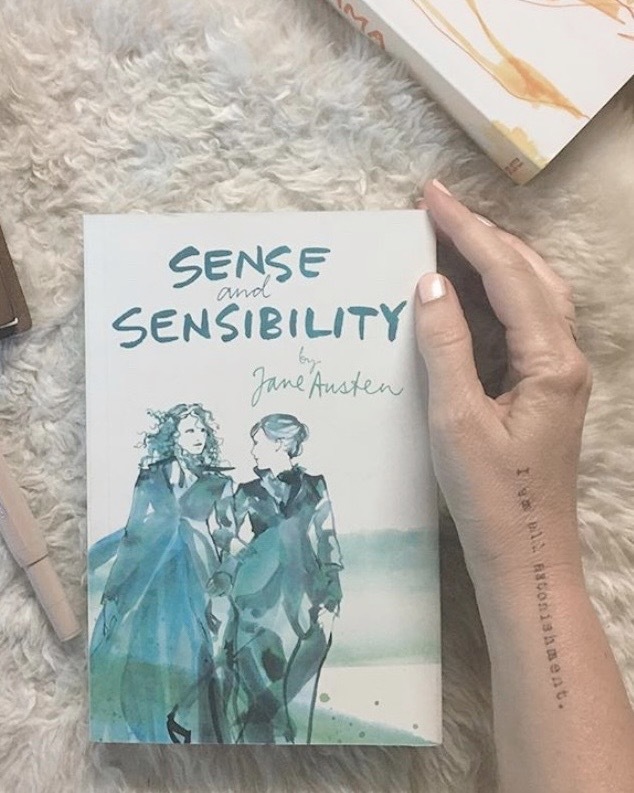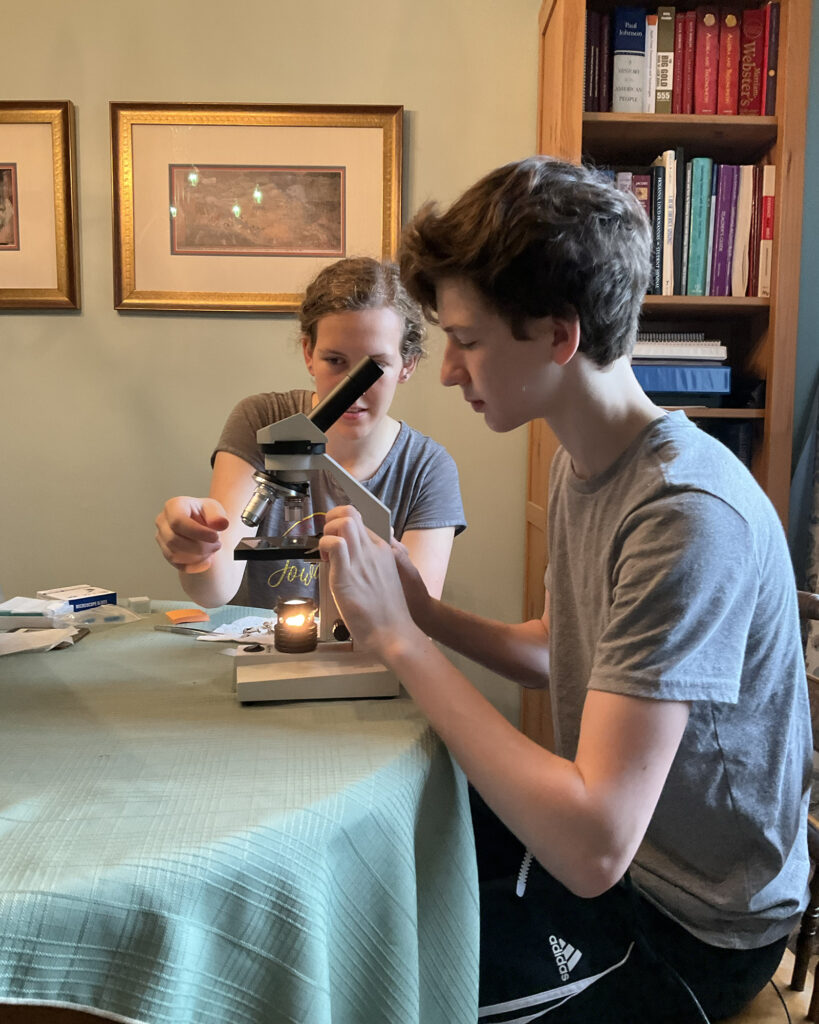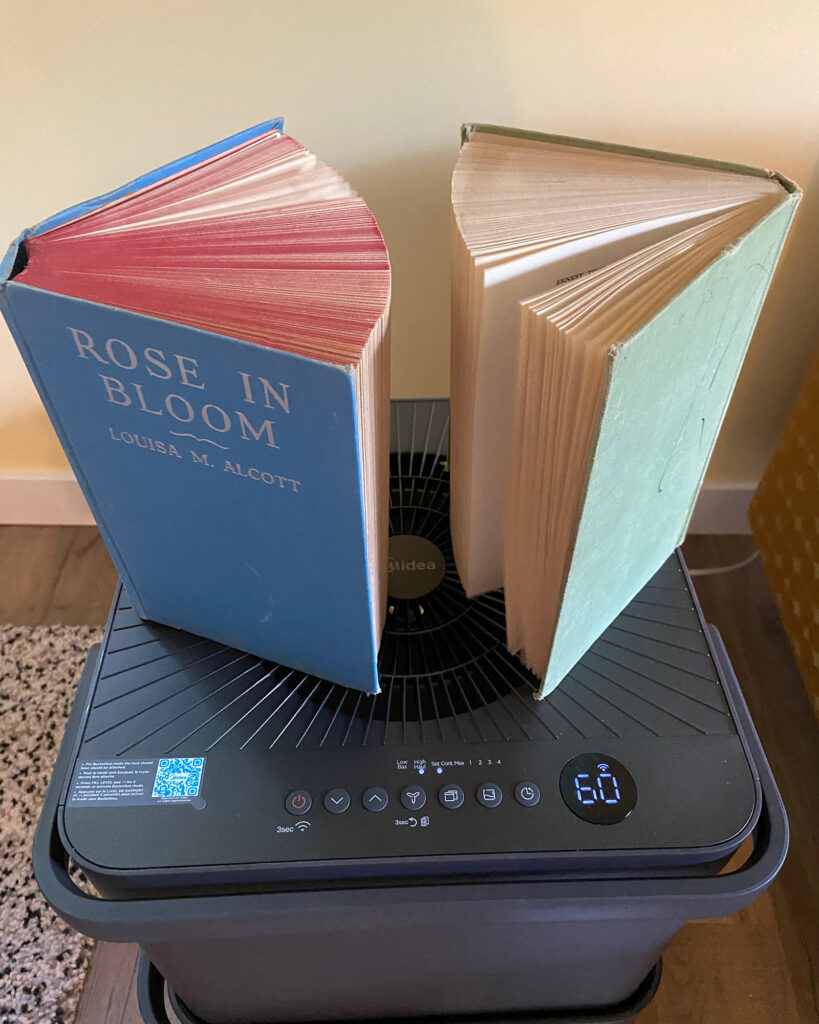The CMP Review — Week of June 26
June 26, 2023
As I start turning my mind toward planning our next school year, I like to reflect on our past year. What went well? What would I like to do differently? What books were hits and which were misses?
Here are some of my kids’ favorite school books from this past year.
Books not pictured but included in the favorites list: Shakespeare’s play Much Ado About Nothing, and The Wanderings of Odysseus and Black Ships Before Troy by Rosemary Sutcliff.
What do you do in preparation for planning your school year? I’m also curious if you have any all time favorite school books from over the years?
@tessakeath
June 27, 2023

The “way of reason,” like the “way of the will,” is one of the least explored and understood aspects of the Charlotte Mason method. Few articles in the historical Parents’ Review or the modern blogosphere attempt to interpret or apply it. It is natural to wonder whether this unusual principle should be treated as a museum piece, of interest perhaps to Charlotte Mason historians, but not to home educators.
It is perhaps surprising to learn that in the late 1950s, teachers and educators wanted to learn the Charlotte Mason method. To meet this demand, Helen Wix introduced a correspondence course where interested and motivated persons could be paired with a “tutor” who had been certified by the House of Education or the Charlotte Mason College. One enrollee in this program turned out to be a star, and she was a homeschooling mother.
This forerunner of ours did not shy away from the “way of reason.” In fact, she wrote an essay about it. As a mother in 1961, did she consider this principle to be a relic of a bygone era? Not at all! “It is apparent that some systematic training in what Charlotte Mason calls ‘the way of reason’ is vitally necessary,” she wrote, “perhaps even more today than in her time.” In fact, the conditions of her own time that gave her this conviction are even stronger and more pressing in ours.
Today we share this essay by a mother whose context was not so dissimilar to ours, and who said that training in the way “of the reason should help to provide that stability of mind which will run like a shining thread through the inevitable changes and upsets of life.” Listen or read here.
@artmiddlekauff
June 28, 2023

Persuasion is my favorite Jane Austen novel, but Barton Cottage—from Sense and Sensibility—is my favorite location. Barton cottage is the small home where the Dashwood girls live after their eviction from Norland Park.
Personally, I think Barton Cottage would suit me much better than a grand home. Do you have a favorite Austen-locale?
@rbaburina
June 29, 2023

“Education should be by Things and by Books,” wrote Charlotte Mason. Not by Things only, not by Books only, but by Both. Writing in 1903, she recognized that “Ten years ago education by Things was little thought of except in the games of public schools. To-day, a great reform has taken place, and the worth of education by Things is recognised everywhere.” But by then perhaps the pendulum had swung too far, and she added: “I think there is danger in giving too prominent a place to education by Things.”
Perhaps nowhere is the tug-of-war between books and things felt more acutely than in the teaching of science. The naturalist calls us to the field. The academic calls us to the book. And Mason calls us even to living and literary books about science. “The French mind has appreciated,” she wrote in her final volume, “the fact that the approach to science as to other subjects should be more or less literary.”
I suppose I naturally incline to the Books. But education must also be by Things. That’s why it helps when an older sister is home for the summer and can lend her own enthusiasm to the Things of the lab. Sometimes it helps to keep the pendulum from swinging too far when a friend is waiting on the other side.
@artmiddlekauff
June 30, 2023

Have any of you ever tried this trick with slightly musty books? Placing them overtop of the dehumidifier exhaust fan?
I saw this on social media this week and I thought I would give it a try with two lovely books that a friend gifted to me a few months ago. It makes sense that the warm, dry air would help air them out.
I figure I have nothing to lose. 🤷🏼♀️ But I would love to hear your thoughts.
@antonella.f.greco
June 1, 2023

Happy Canada Day to our Canadian friends!
🇨🇦 🇨🇦 🇨🇦
@antonella.f.greco
July 2, 2023

My son and I are reading Book II of Ourselves together, and we are struck by how deep and dense it is compared to Book I. We recently read a few pages packed with intricate and abstract ideas, and I wondered what he would focus on in his narration. Which of the many rich thoughts would resonate with him the most?
To my surprise, he focused on a particular paragraph, which he retold with clarity and insight. In the original text, Charlotte Mason writes:
It is conceivable that the final answer may be that death is less momentous in the thought of God, who knows the hereafter, than to us, who are still in the dark. Christ wept, not for Lazarus: his sorrow was for the griefs that fall upon all men, as upon the two sisters. Perhaps He would have said, ‘If they only knew!’
The paragraph reflects some of Mason’s most profound thoughts about life and death. In today’s poem she takes up the theme in verse. “What then is ‘death’?” a timid soul asks our Lord. His answer expresses Mason’s understanding of His teaching, an understanding that is life to the soul. Read or hear it here.
@artmiddlekauff